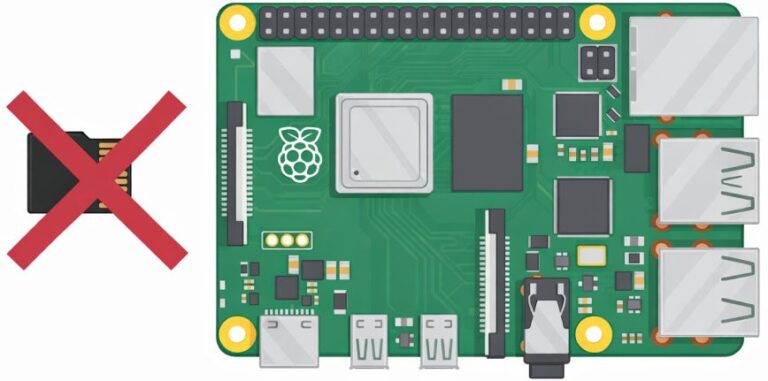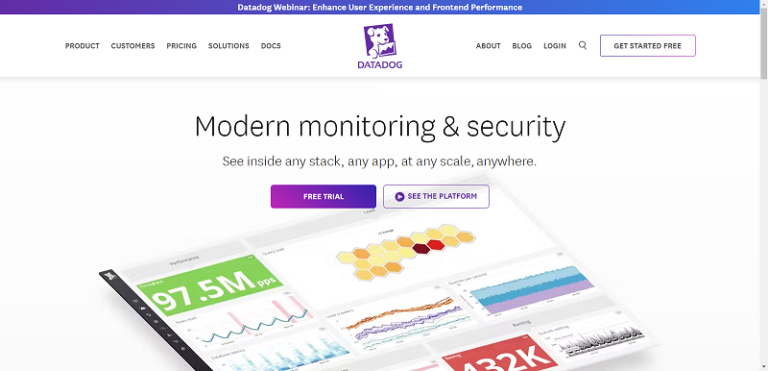
Utku: AI offers a range of benefits. The most obvious one is enhanced efficiency. By automating routine tasks, operations become smoother, and the chances of human error drop significantly. There’s also the cost-saving aspect—scheduling and routing are optimized, so companies can save on labor and fuel costs.
What should companies keep in mind when implementing AI-driven solutions in home services?
Then there’s customer experience—AI helps create a faster, more personalized service, which really boosts customer satisfaction and loyalty. On top of that, AI provides data-driven insights that can help businesses make better strategic decisions. For companies willing to embrace it early, AI can be a real competitive differentiator, and it scales easily, handling more work without the need to bring on additional staff.
Faster issue resolution is another benefit. With automated systems, booking appointments or resolving service-related issues becomes much quicker. Plus, AI can be used for proactive engagement, like sending reminders for routine maintenance or follow-ups after a service. Sentiment analysis tools are also helpful—AI can assess customer feedback in real-time and identify areas that need improvement. Overall, it really enhances service quality, even providing technicians with real-time information to ensure better outcomes on the job.
It’s also important to create new career development paths that integrate AI competencies. Fostering a collaborative culture that values innovation and continuous learning is essential, and having feedback mechanisms in place helps employees feel involved in the AI transition.
The high cost of implementation is another hurdle. AI technology can require a significant initial investment, but businesses can manage this by starting with smaller, scalable solutions or opting for AI-as-a-Service models to reduce upfront costs.
Additionally, data is used to measure performance metrics, allowing businesses to evaluate the impact of AI and its return on investment. And of course, handling data correctly ensures compliance with regulations, which builds customer trust.
So, what would you say are the key benefits for home services companies adopting AI?
Utku: Workforce training is key to successful AI integration. Offering comprehensive training programs on AI basics, data analytics, and digital tools is a good start. Hands-on workshops where employees can practice using AI systems are also beneficial. Leadership plays a big role here as well—management needs to support AI initiatives and help the team adapt.
In this insightful interview, Utku Kaynar, CEO of Buck.ai, discusses how artificial intelligence is transforming operational processes within the home services industry. Buck.ai, an AI-driven Robotic Process Automation platform based in Austin, Texas, is leading the charge by automating tasks like scheduling, dispatching, and predictive maintenance. Utku highlights AI’s role in optimizing resource allocation, improving customer service with AI-driven chatbots, and utilizing predictive analytics to forecast service demands.
AI is also improving resource optimization. For example, it can forecast demand and help with dynamic staffing, so companies are prepared when demand spikes. Inventory management benefits too—AI predicts stock requirements, helping avoid excess inventory or stockouts. Even technician routes are optimized with AI, saving both time and fuel. It can even manage energy use in smart homes, providing cost savings and environmental benefits.
By Randy Ferguson
Speaking of data, how can businesses ensure privacy and security when using AI?
With over a decade of experience in software development and management, including founding Code2, Utku continues to lead innovations at Buck.ai, positioning the company as a leader in AI for service businesses.
AI is also making waves in predictive maintenance. How does that work in home services?
Data plays a critical role in AI’s success. What’s the importance of data in this context?
Utku: A few best practices come to mind. First, it’s crucial to have clear objectives—know what you want to achieve with your AI implementation. Starting small is a good idea too; pilot programs can help test the waters and measure ROI before going all-in.
Utku: Data privacy is critical. Businesses should use encryption for data both in transit and at rest, and enforce strict access controls, ensuring only authorized personnel can view sensitive data. Compliance frameworks like ISO 27001 can guide businesses in creating strong security protocols.
Of course, with every technology, there are challenges. What obstacles do businesses face when integrating AI, and how can they overcome them?
Utku: Yes, there are challenges. One of the biggest concerns is around data privacy and security. Companies are handling sensitive customer information, so they need to comply with regulations like GDPR or CCPA, and cybersecurity measures must be robust. It’s important for businesses to be transparent with customers about how their data is used.
Utku: AI is making a huge impact in the home services industry. We’re seeing automation streamline operations, making decision-making faster and smarter, and improving the way resources are allocated. For instance, with AI-powered scheduling and dispatching, companies can analyze things like technician availability, location, traffic, and job urgency all at once, which leads to more efficient use of resources. It’s much more precise than traditional manual methods.
How is AI transforming operational processes in the home services industry?
Utku: Data is the foundation for everything. High-quality data is essential for training accurate AI models. It reveals customer preferences and behaviors, helping companies offer more personalized services. Data also helps pinpoint bottlenecks in operations and streamline processes.
Lastly, what strategies should businesses use to up-skill their workforce for AI adoption?
Let’s talk about customer service. How can AI improve the customer experience in the home services industry?
Utku: AI has a lot to offer here. First, AI chatbots are available 24/7, so customers can get immediate responses to their inquiries at any time. That’s a big win for accessibility. AI can also analyze customer data to make personalized service recommendations, which really elevates the customer experience.
Regular security audits are essential too. These help identify potential vulnerabilities before they become issues. Companies should also have clear, transparent privacy policies that explain how customer data is used, and they must obtain explicit consent. And lastly, having an incident response plan in place is crucial for addressing data breaches swiftly.
Utku: Predictive maintenance is one of the more exciting AI applications. Essentially, AI processes data from sensors and IoT devices to predict when equipment might fail, allowing businesses to perform maintenance before it becomes a problem. This leads to fewer breakdowns and more efficient service delivery. Maintenance schedules can be optimized based on usage patterns and predicted wear, ensuring that equipment is serviced when it’s actually needed, not just on a fixed schedule.
We also can’t ignore workforce resistance. There’s often fear of job displacement, so it’s important to provide training and make it clear that AI is there to augment, not replace, human workers. Businesses may also face technical challenges when trying to integrate AI into legacy systems, but partnering with experienced vendors or using middleware can help smooth this process. Lastly, many businesses lack in-house expertise, so hiring specialists or collaborating with consultants can help fill that gap.
We also have predictive analytics, where AI examines historical data to forecast service demands. This helps companies stay ahead of the game with inventory, staffing, and maintenance schedules. AI-driven chatbots are also becoming a customer service staple, handling inquiries and bookings around the clock—making things faster and freeing up human agents to deal with more complex tasks.
Another key point is data. You need to ensure that the data you’re using is accurate and complies with privacy regulations. It’s also important to invest in employee training so staff can work effectively alongside AI. Always take a customer-centric approach—AI should be used to enhance the customer journey. And finally, regular evaluation is important. AI solutions should be monitored and adjusted over time to maximize their performance, all while keeping ethical considerations in mind.






